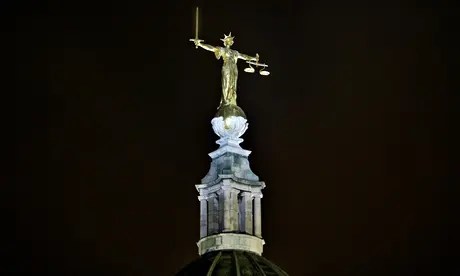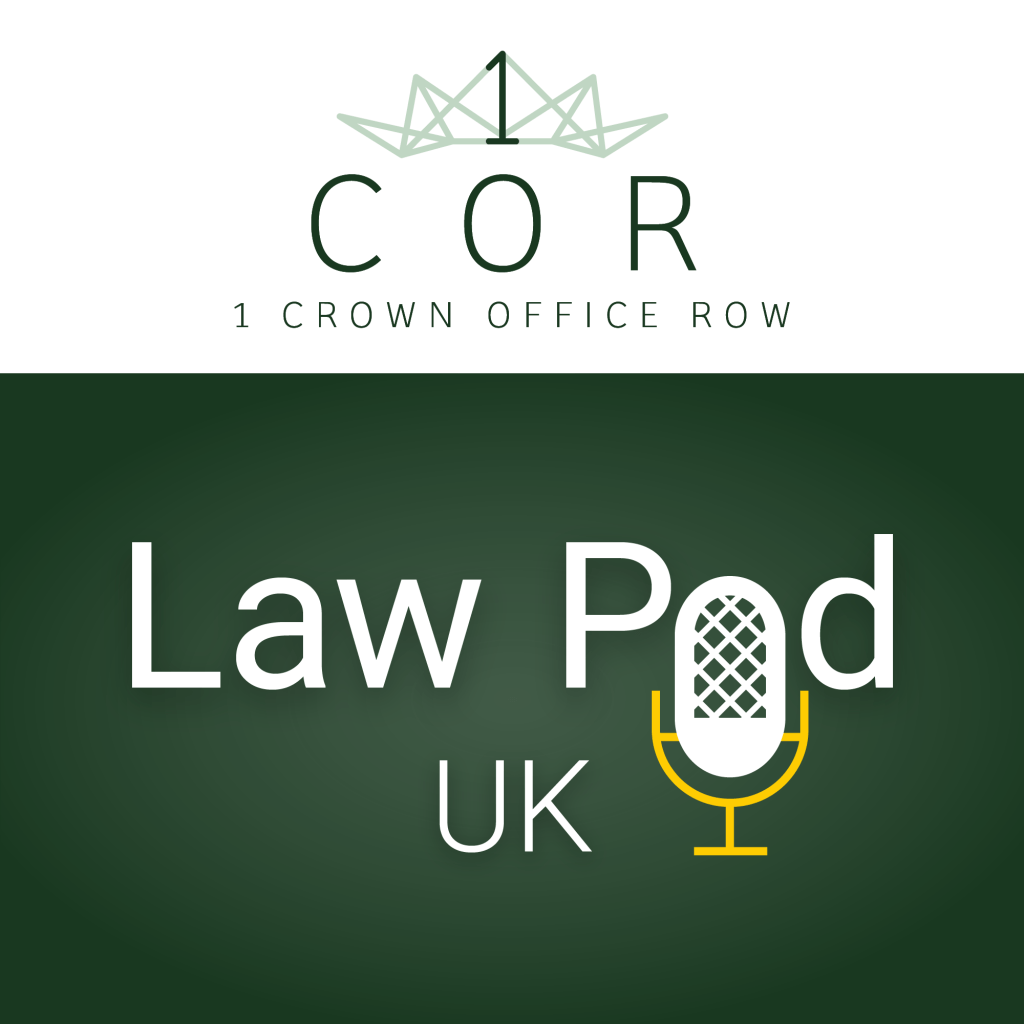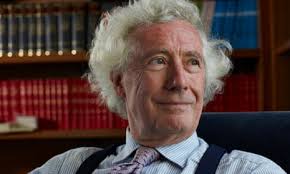In Tickle & Anor v The BBC & Ors [2025] EWCA Civ 4, the Court of Appeal considered the High Court’s decision to anonymise the names of several judges who had made decisions in historic care proceedings and private family law proceedings (“the historic proceedings”).
The historic proceedings related to Sara Sharif, who was murdered by her father and stepmother in August 2023. On 18 August 2023, the Local Authority made an application for a wardship in respect of Sara Sharif’s five siblings. On 8 September 2023, the journalists requested disclosure of documents relating to the historic proceedings.
Mr Justice Williams made the following order, which was appealed by the claimant journalists:
… no person may publish any information arising from the disclosure of the documents from these proceedings to the public, or a section of it, which includes: …
g. The name of any third parties referred to in the historic proceedings for the avoidance of doubt including social worker, guardian other named professionals and experts instructed in the proceedings and any Judge who heard the historic proceedings (save for Mr Justice Williams). …
including not repeating such information by reference to the disclosed documents even if it is already in the public domain
[emphasis added]
Notably, when Mr Justice Williams pronounced the Order in court, no party had asked for the names of the three circuit judges who had been involved in the historic proceedings (“the historic judges”) to be anonymised. The judge had heard no submissions on the point. He had not mentioned to the parties that he had in mind to make the order he did [5].
The grounds of appeal were as follows:
i) It was a serious procedural irregularity for the judge not to have given reasons before anonymising the historic judges.
ii) The judge adopted an unfair, biased and inappropriate approach to the journalists and the media generally (including relying on his own erroneous analysis of alleged media irresponsibility), thereby unacceptably encroaching on their rights under article 10 of the European Convention on Human Rights (ECHR). This ground was added by amendment and permission has not yet been granted to allow it to be pursued.
iii) The judge ought to have held that the demands of open justice meant that anonymity for a judge could not be justified within the framework of balancing article 8 and article 10 of the ECHR.
iv) The part of the Order anonymising the historic judges could not be justified in the absence of any specific application or evidential foundation, and was inimical to the proper administration of justice.
The Judgment
The Court of Appeal considered that there were three main issues to determine:
i) Whether the court had jurisdiction to prohibit the publication of the names of judges, and if so how and in what circumstances.
ii) Whether the part of the Order anonymising the historic judges was irregular for lack of submissions, evidence or reasons.
iii) Whether the judge’s comments in his judgment demonstrated inappropriate bias against or unfairness towards the media.
The Court of Appeal considered that the statutory limitations contained in section 12 of the Administration of Justice Act 1960 and section 97 of the Children Act 1989 do not displace the open justice principle or create any separate “shielded justice” environment. They provide a degree of privacy for certain proceedings relating to children according to their terms [45]. Further, section 12 of the Administration of Justice 1960 makes clear that its provisions do not apply to judges hearing the case: “Court orders always name the judge, so, in that way, section 12 of the AJA 1960 expressly excludes anonymity for the judge” [51].
The Court of Appeal notably stated that:
In accepting office, all judges will or should be aware that that is the expectation, because public scrutiny of judges and the justice process is essential to the rule of law [55].
Issue 1: Was there jurisdiction to prohibit the publication of the names of judges?
The Court of Appeal considered whether Mr Justice Williams had jurisdiction to order the anonymity of the historic judges. In resolving this question, the Court of Appeal considered that, notionally, the names of the historic judges had been in the public domain as (a) the name of the judges appeared on public documents and on each of the orders that they made and (b) the names of the judges would have appeared in the public listings as sitting on the days in question at the courts in question.
The Court of Appeal considered the relevant rights under Articles 2, 3, and 8, which apply as much to judges as to any other person. However, there was no evidential basis on which the threshold for the application of Articles 2, 3, or 8 had been reached [64]. There was no need to undertake any balancing exercise between Articles 8 and 10 as there was no evidence about the risks to the historic judges [69].
The Court of Appeal concluded that there was no jurisdictional foundation for making the anonymity order.
The following comment from the Court of Appeal (at [66] will have wider application beyond the facts of this case:
The authorities that I have cited demonstrate that judges are in a special position as regards open justice. The integrity of the justice system depends on the judge sitting in public and being named, even if they sit in private. The justice system cannot otherwise be fully transparent and open to appropriate scrutiny.
Issue 2: Was there irregularity for lack of submissions, evidence or reasons?
The appeal was allowed on this ground, on the basis that the Mr Justice Williams ought to have asked for submissions and evidence prior to making his decision.
In the absence of specific evidence about risks or threats to the ECHR rights of the historic judges, Mr Justice Williams ought not to have taken any steps to anonymise the names of the historic judges.
Issue 3: Was there inappropriate bias against or unfairness towards the media?
The Court of Appeal noted Mr Justice Williams’s language when discussing media reporting as well as his decision to adjourn the journalists’ application for permission to appeal being akin to dismissing the application.
The appeal was also allowed on this ground.
Comment
This decision will have wider application beyond the facts of this case, and beyond family law. The Court of Appeal reiterated the necessity for open justice, and confirmed that transparency requires judges to be named, even if they sit in private.
The Court of Appeal did caveat the decision by clarifying that judges are not obliged to tolerate any form of abuse or threats. The requirements to consider in such cases are:
Evidence about the risks to the judges;
The court being satisfied that those risks could not be adequately addressed by other security measures;
The court concluding that the risks were so grave that they provided a justification for overriding the fundamental principle of open justice.
The historic judges were given 7 days before their names are published, to allow HMCTS to put in place measures to protect them.
Anogika Souresh is a barrister at 1 Crown Office Row, Brighton
The post Judicial Anonymity? Not this time. appeared first on UK Human Rights Blog.




